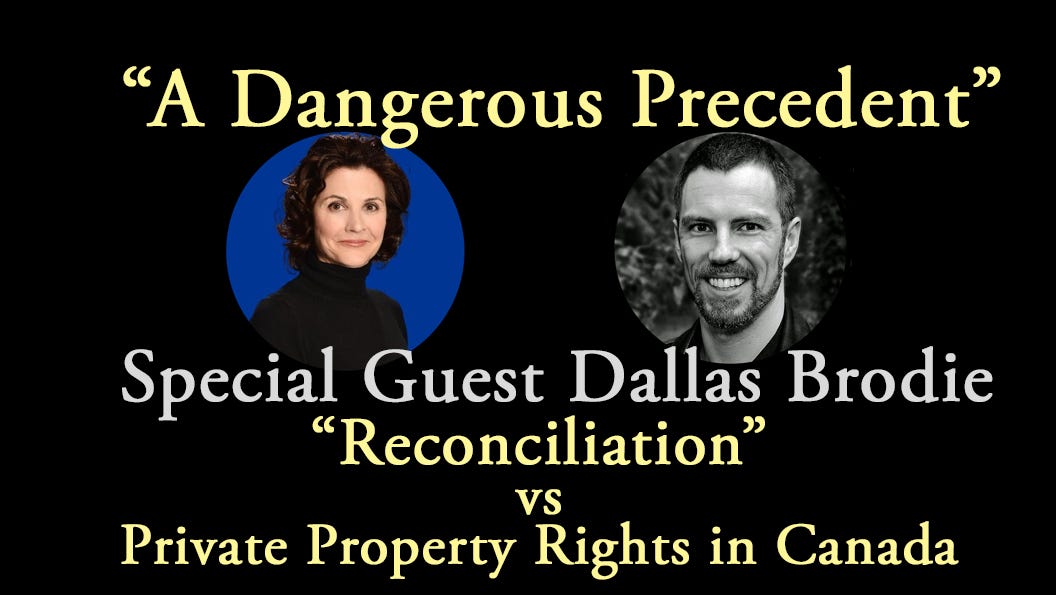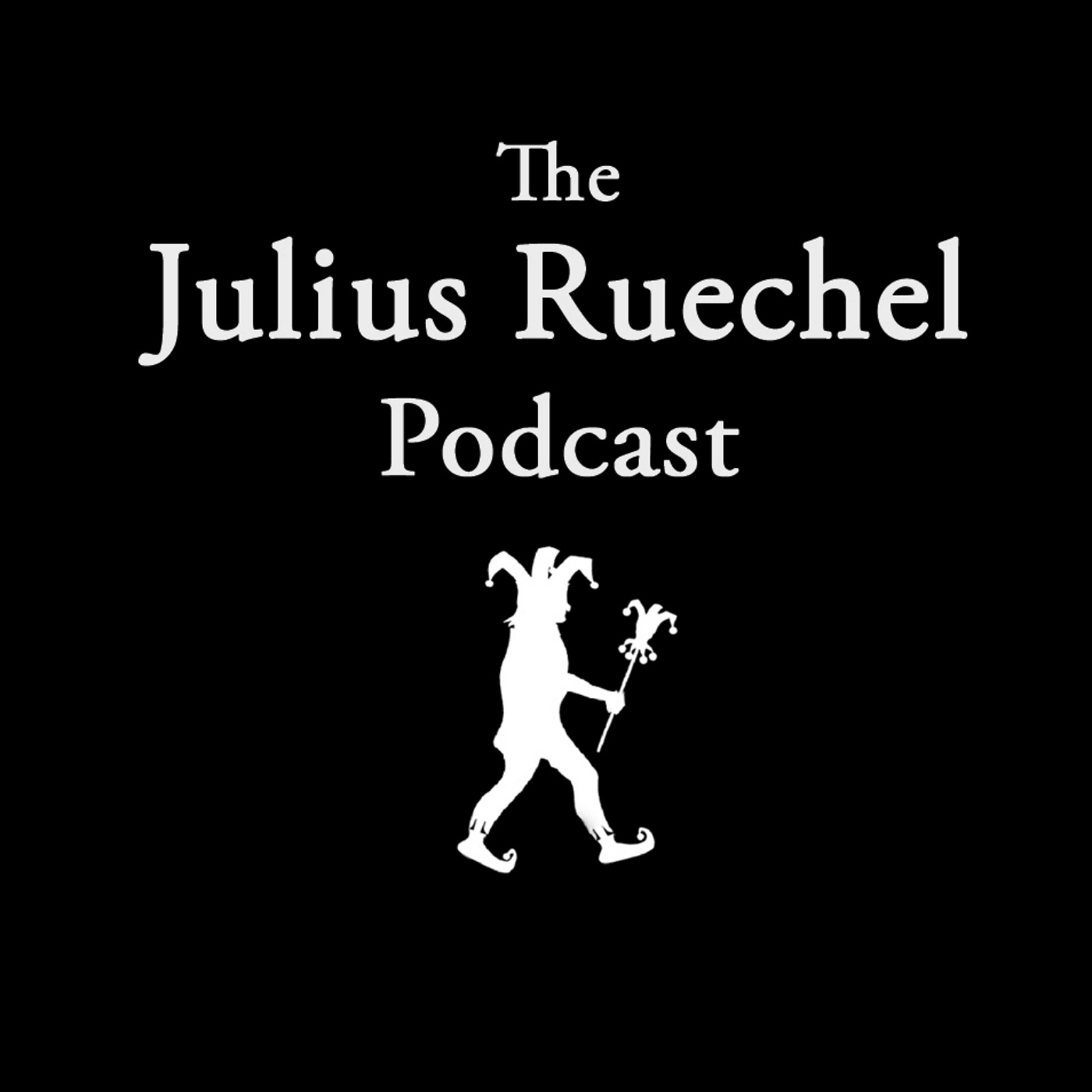The "Mind Monkey" — Do Most People Really Have No Inner Dialogue?
Description
Buddhists described the inner voice in our heads as the mind monkey or heart-mind monkey (named that way because of its tendency to jump from one thing to another, similar to how a monkey jumps from tree to tree, and its tendency to hyper-fixate on whatever catches its attention). That metaphor isn't exactly complementary of our inner voice and speaks to the restless, scattered, chaotic, undisciplined, and hard-to-control nature of our mind.
And yet, according to psychology studies, this inner voice or inner dialogue is nonetheless credited with helping guide our decisions, work through various scenarios in order to decide a course of action, help us break complex problems into smaller manageable steps, hold us accountable to our moral compass, facilitate self-reflection, experience greater empathy for others, construct a “narrative self”, encourage self-motivation, and turn abstract feelings into concrete words and actions.
Western pop culture latched on to this romanticised idea of the inner voice long ago, with endless appeals to “trust your inner voice”, “discover your inner voice”, “your inner voice knows best”, and “quiet the noise to hear your inner voice”, all of which reflect not only the idea that this inner voice is essential to a fulfilling human experience but also that there is some kind of innate, authentic truth or wisdom buried within every individual, which has been obscured by external influences like societal pressures, expectations, and noise, and which can be accessed if only you just spend enough time (and money) on self-help (or life coaches, or surrounding yourself with enough inspirational quotes, or watching enough back-episodes of the Oprah Winfrey show) to peel back the layers that are blocking this innate voice of wisdom. Even Homer Simpson’s annoyance with himself (“D’oh!”) whenever he ignores his much wiser inner voice was a staple feature of the successful long-running The Simpsons cartoon series.
And yet, according to various news sources (like Scientific American and Psychology Today), allegedly somewhere between 50 to 70% of people don’t have (or infrequently have) the experience of thinking happening as a structured active voice that we hear inside our heads. Allegedly.
The studies referenced by these news articles also go on to tell us about all the alleged behavioral consequences of lacking that inner speech — and the list is long: poorer working memory, difficulty making decisions, impaired self-reflection, less empathy, challenges with emotional regulation, reduced moral reasoning, less impulse control, difficulty articulating thoughts, more easily feeling overwhelmed, and so on. By this reading, it would seem that our humanity hinges upon this voice inside our own heads — this ability to hold an active inner dialogue within ourselves — and that we are somehow lesser, diminished, or defective without it.
Unsurprisingly, social media has been quick to latch on to this narrative to leverage clicks as it becomes yet another divisive excuse to “other” or “dehumanize” by implying that those who lack this inner dialogue are effectively “programmable characters” (also known as NPCs or non-player characters in video game jargon). Ironically, this explanation for moral or intellectual shortcomings closely mirrors the woke perspective of the world, which also likes to blame our differences on factors that we’re born with that are outside of the control of individuals (like skin color, social class, culture, etc.). Once again, individual responsibility, individual merit, individual hard work, and individual choices can be explained away by some intrinsic invisible metric, not unlike the way cranium measurements were once used to try to differentiate between “higher” and “lower” forms of humans.
One sensationalist social media account went as far as to describe the divide between those with versus those without an inner voice as “almost like a split between narrative beings and reactive shells” and stated that if you take away the ability to “hold a conversation with yourself”, “what’s left is not a philosopher… it’s a refined animal in a human body. Sorry 75%.” Somehow, between Reddit and social media, now the alleged defective population has risen to 75%, though I’ve yet to come across a shred of evidence for this newly augmented number in any of the psychology literature that I’ve been wading through for this essay. The same social media post then went on to provocatively ask, “But what if most of the world is sleepwalking, not because they’re unwilling… but because they’re literally unequipped to narrate their own story? If that's true, everything we know about agency, ethics, and consciousness needs to be rewritten.”
Heady stuff! — certainly the kinds of questions that drive clicks, sell news headlines, and deserve lots and lots of your tax dollars to fund lots and lots more studies, right?
Yet these simplistic claims quickly fall apart with just a very light scratch beneath the headlines. What emerges instead is a fascinating (and much more complex) story about how we think, structure our thoughts, and navigate the world around us.
~ ~ ~
Even when news stories correctly report the findings of psychology studies, as a matter of principle these studies should always be taken with a big grain of salt. As we know from the “replication crisis” that is rotting out scientific research, academia has become so degraded and so prone to bias and sloppy work and sensationalism that 50 to 70% of all published research studies are simply junk science because the studies fail to find the same results if the studies are repeated.
And the field of psychology is among the worst offenders, with only around 36% of research studies being reproduceable (!!!), partly because of small sample sizes, partly because of "flexible" statistical methods, and partly because of the publication bias that favors researchers that publish "novel" results (in other words, sensational headlines are great for research careers even if they frequently come at the expense of the truth). The field of psychology has long been considered to be at the epicenter of the replication crisis that has infected academia.
The only fields that come out even worse than psychology are biomedicine, sociology, and education research. Replication rates in biomedicine research (i.e. cancer research) are as low as 11%, partly because of the complexity of the biological systems being studied, partly because of selective reporting, partly because of poorly constructed studies, and partly because of commercial pressures due to funding conflicts of interest.
Replication rates in sociology are even lower at less than 10% for reasons similar to those that plague psychology — small sample sizes, non-representative selection criteria for choosing test subjects, and highly subjective testing metrics.
And education research may be the worst offender of all, where virtually zero published studies are reproducible, partly because of a reliance on observational data, partly because of the diverse range of educational environments, and partly because education researchers (unlike scholars in many other disciplines) are not in the habit of checking each other's work.
But in the case of the claims about our inner voice, the popular psychological research paper that’s commonly used to justify the news headlines (Hurlburt et al., 2016) isn't even being properly quoted by the mainstream news (surprise, surprise). If they were reporting honestly, the eye-popping headlines would immediately lose their dramatic flair.
As it turns out, because self-reporting our inner experiences is so subjective and unreliable, the researchers studying our inner voice decided to use a more objective measure by using a timer set at regular intervals and, when it went off, subjects were asked to report what was going on in their minds (i.e. at that moment, were they engaged in an active inner dialogue or not?). A more honest headline that reads that "50 to 70% of the time we are not engaged in active inner dialogue" would not have been quite as newsworthy. In other words, the results are more reflective of how much time we spend engaged in inner dialogue, not whether we have that inner voice at all.
A more plausible research finding that was reported on more honestly by Science Daily found that although up to half of test subjects spent very little time engaged in internal dialogue, only about 5 to 10% of people actually experienced NO inner voice at all. That is a notable difference.
One of the most famous people who doesn’t have a word-based internal dialogue is, of course, Dr. Te
























